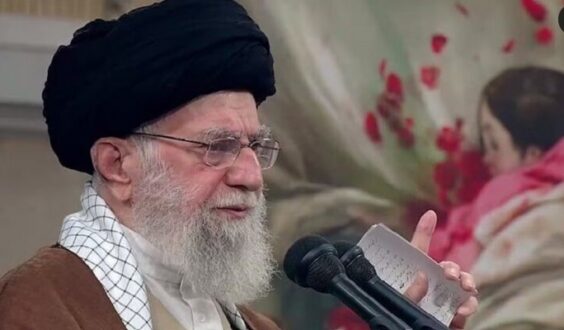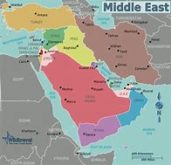Al-Arabia – The identity of Iran’s next supreme leader must remain secret in order to protect him from assassination attempts by the United States and Israel, a senior Iranian cleric said in remarks published on Monday.
Mohammad-Ali Mousavi-Jazayeri, a member of Iran’s Assembly of Experts, said in an interview with the Iran-based Didban Iran website that any perceived candidate for the position could become a target for assassination by the US and Israel.
“Therefore, [the identity of the next supreme leader] is 100 percent confidential and should not be discussed in any way,” Mousavi-Jazayeri said.
The Assembly of Experts, comprising 88 clerical members, is tasked with electing, overseeing, and if required, removing the supreme leader, who wields ultimate authority over all state affairs in Iran.
Ali Khamenei, 84, has held the position since 1989.
With upcoming elections scheduled for March 1, where Iranians will vote for new members of the Assembly of Experts as well as parliament, speculation arises regarding Khamenei’s successor due to his advanced age and the assembly members’ eight-year terms. The likelihood of the next assembly selecting Khamenei’s replacement is high.
In recent years, two primary figures have emerged as rumored potential successors to Khamenei: Mojtaba Khamenei, the influential son of the current supreme leader; and Ebrahim Raisi, the incumbent president.
Over the past few weeks, Khamenei has repeatedly called upon Iranians to participate in the elections. The Islamic Republic has long relied on voter turnout as a means to demonstrate its legitimacy.
However, discontent stemming from economic hardships and political and social repression may result in a low turnout, similar to the record low of 42.6 percent witnessed in the 2020 parliamentary elections.
Amid calls for a complete boycott of the elections from activists both inside and outside the country, a recent survey conducted by Iran’s state TV revealed that more than half of the respondents expressed indifference towards the upcoming polls.
Candidates for elections in Iran must receive approval from the Guardian Council, an election watchdog whose members are either directly or indirectly selected by the supreme leader.
 Shabtabnews In this dark night, I have lost my way – Arise from a corner, oh you the star of guidance.
Shabtabnews In this dark night, I have lost my way – Arise from a corner, oh you the star of guidance.



